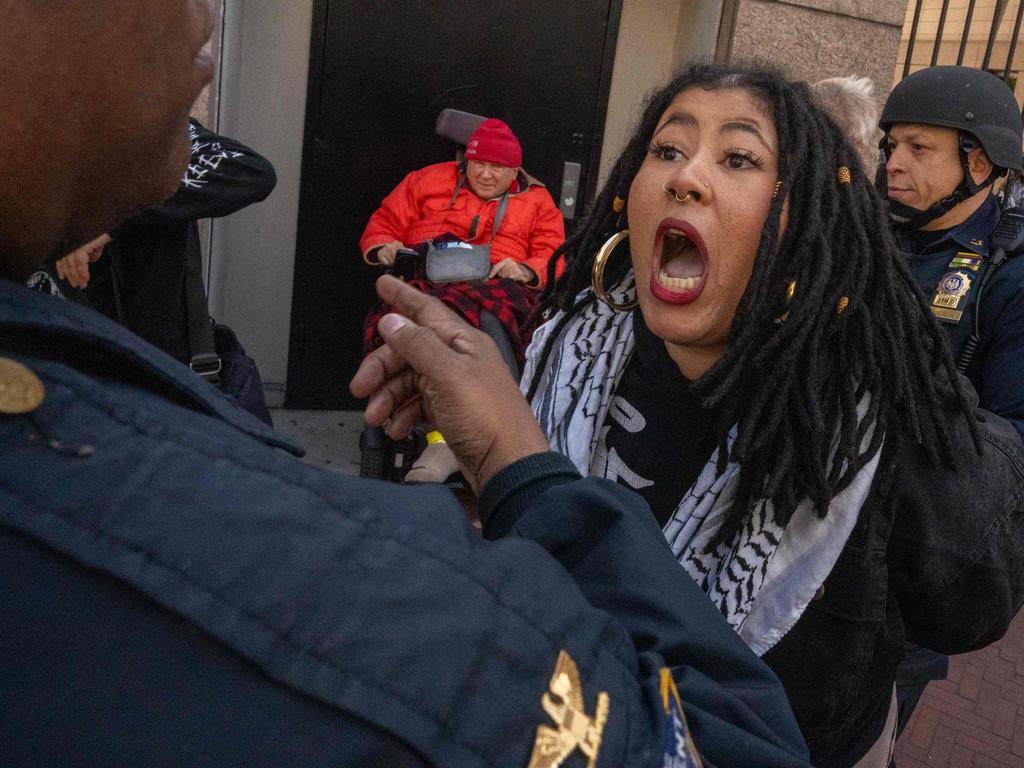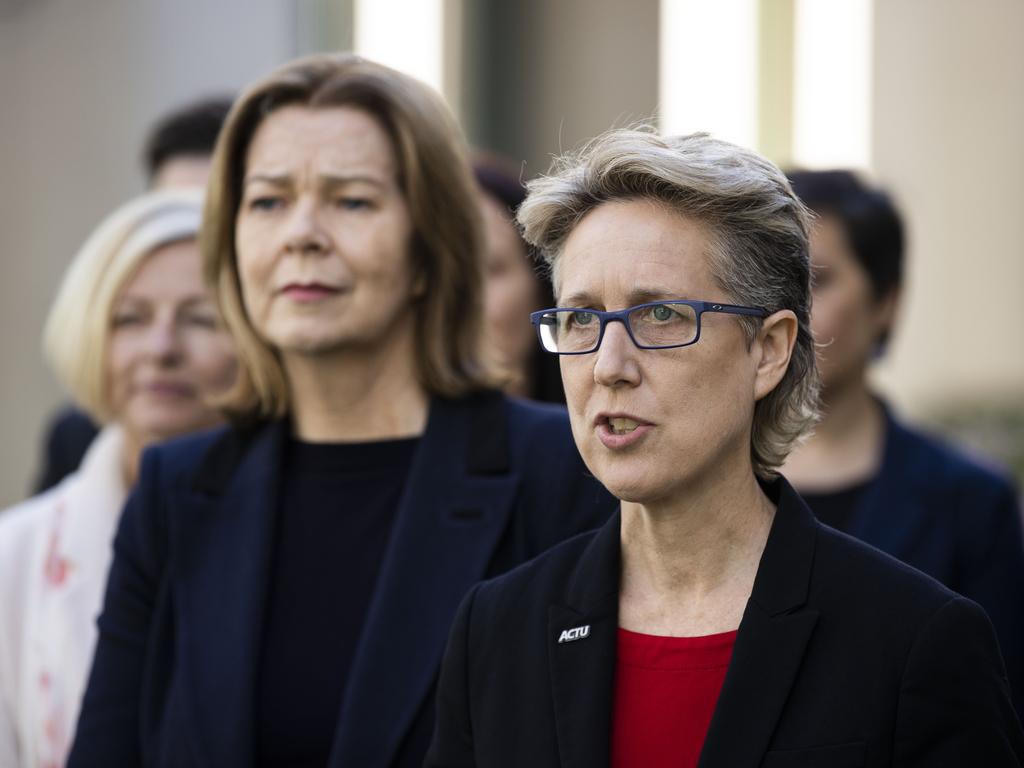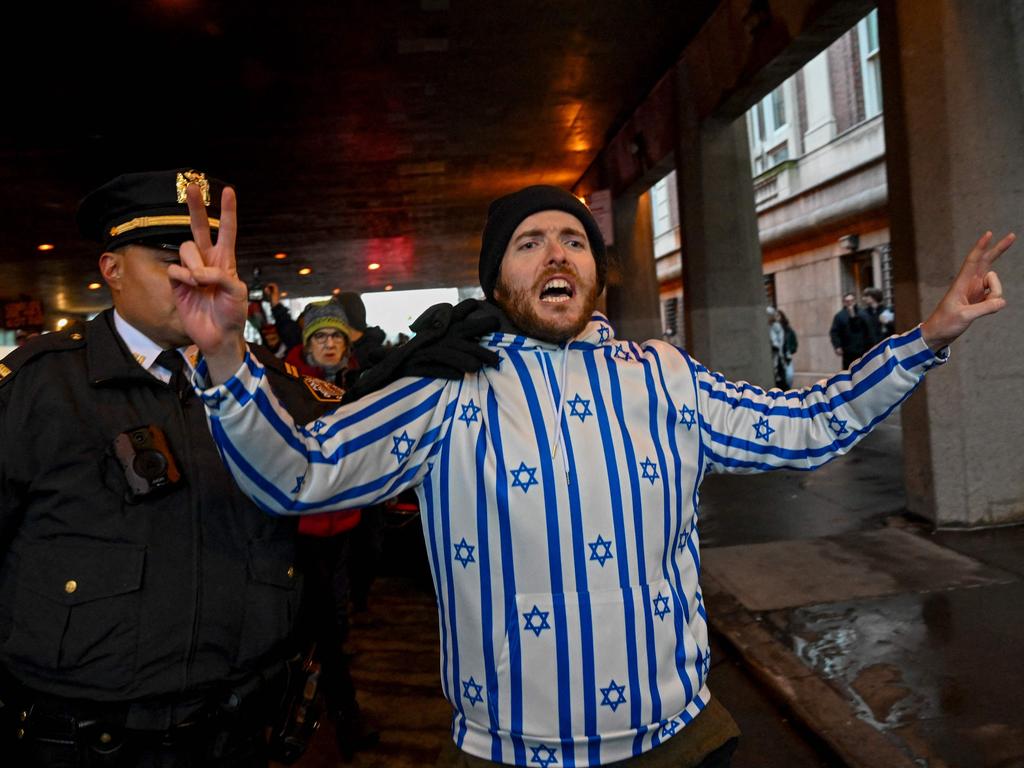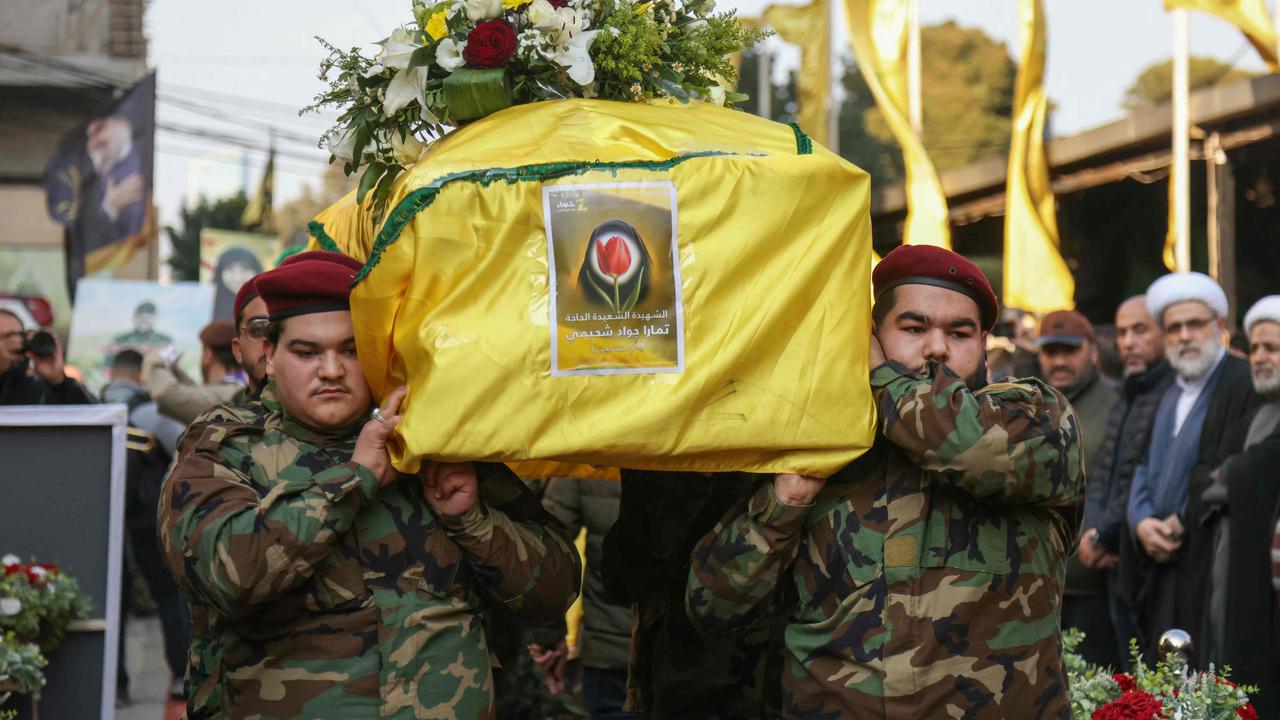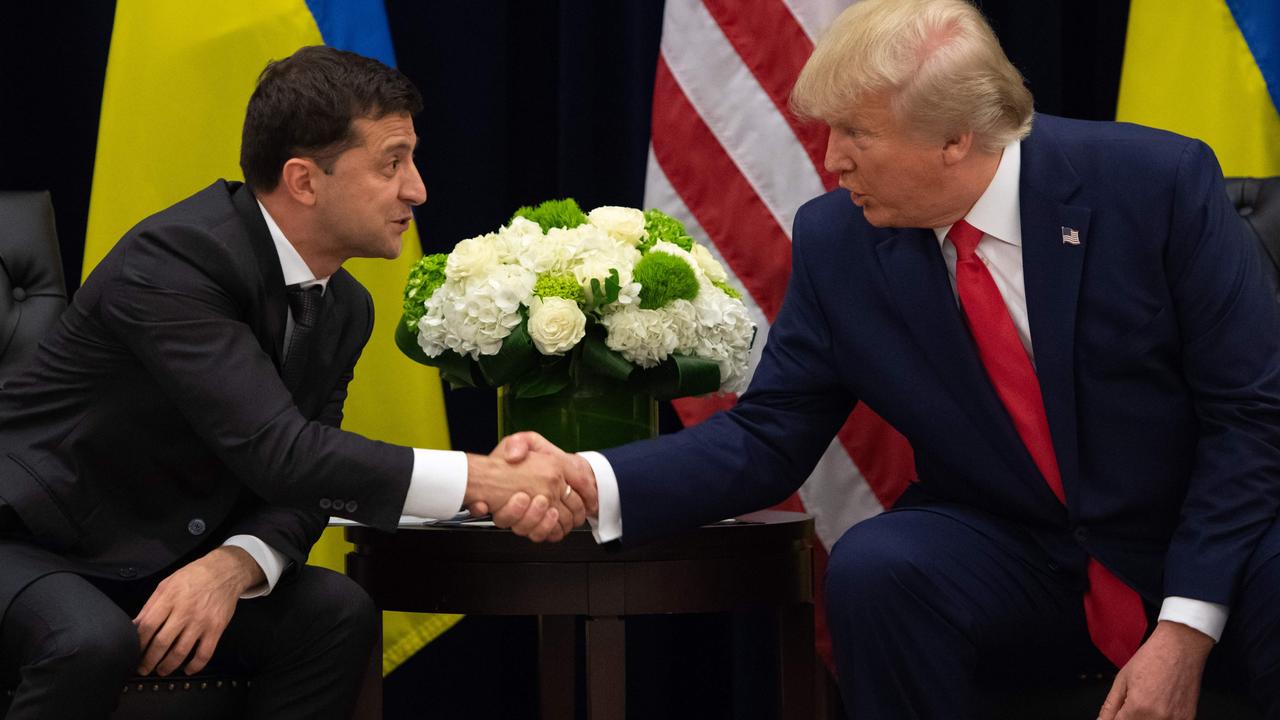Columbia University protests: students face ‘gut-wrenching’ abuse
As hundreds are arrested, the pro-Palestinian demonstrations engulfing US universities pit students and staff against each other.
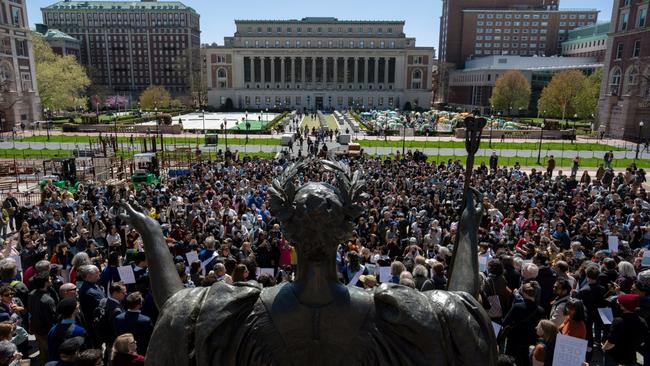
It’s 8850km from Jerusalem to the grounds of Columbia University in New York, so Shoshana Aufzien hoped that when she left her home in the aftermath of the Hamas attacks, she would find some measure of peace.
Yet Aufzien, 17, who is set to attend Barnard, a liberal arts college for women attached to the Ivy League university, is starting to think twice.
For more than a week Columbia, which is one of the finest schools in the country, with alumni including Barack Obama, has become the leading battleground for a clash of cultures that has consumed campuses across America.
Hundreds of pro-Palestinian protesters have been occupying the centre of the campus and refusing to budge. This has led to increasingly ill-tempered clashes with pro-Israel demonstrators and the police.
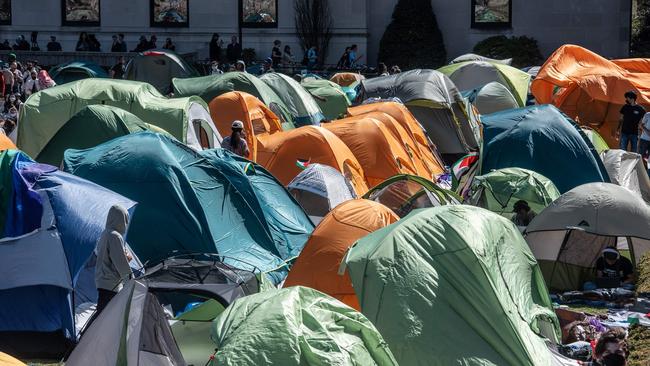
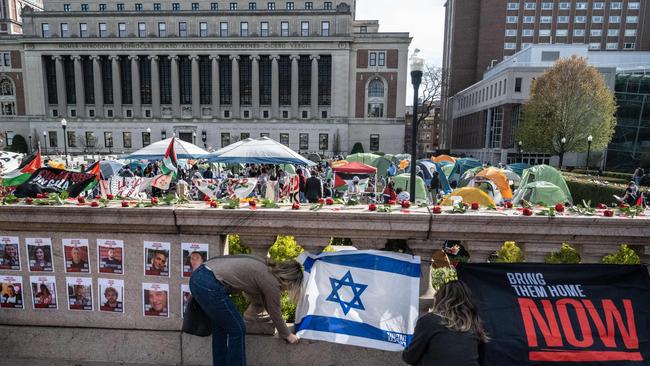
Aufzien said she decided to join the protests this week in support of Israel. She recalled waking up on the morning of the October 7 Hamas attacks to the “sound of sirens” before rushing to the bomb shelter where she spent the rest of the day, terrified.
“I’m a proud Jew,” she said. “I saw the pain and suffering of Israelis and to see self-proclaimed activists on campus [spreading] anti-Semitic rhetoric is gut-wrenching.”
Others, like Shai Davidai, assistant professor at the Columbia Business School, say the university has done little to protect Jewish students and teachers. At a protest this week he said he had been denied access to his workplace and that his staff pass had been deactivated.
The university has been approached for comment.
“They’re not letting me, a Jewish professor at Columbia, inside the main campus,” Davidai told a crowd of supporters and journalists at the university’s gates. “They’re willing to use Jewish brains but they don’t want to let Jewish people in.”
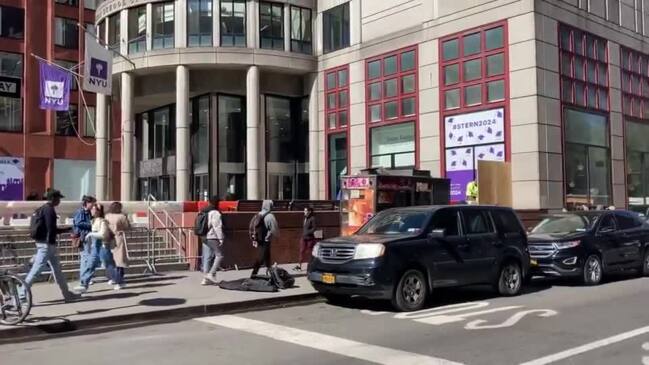
With armed police stationed at every corner and drones buzzing overhead, the increasingly tense environment has pitted friends against each other and divided colleagues.
One student at Barnard College said she had been called “disgusting” and “a terrorist” for wearing a keffiyeh, the distinctive traditional scarf that has become a symbol of solidarity with the Palestinians. She declined to share her name for fear of reprisal.
“[A woman] took photos of me and told me that she would send them to the university to get me expelled,” she said.
Pro-Palestinian activists argue they are peacefully protesting against the war in Gaza, where Israeli airstrikes have killed more than 34,000 people, according to the Hamas-run authorities. They say that the arrest of students violates their right to protest and insist that any anti-Semitic attack against fellow students are by an extremist minority and not representative.
Over the past week the unrest has spread quickly to other renowned universities and now threatens to derail plans for graduation ceremonies.
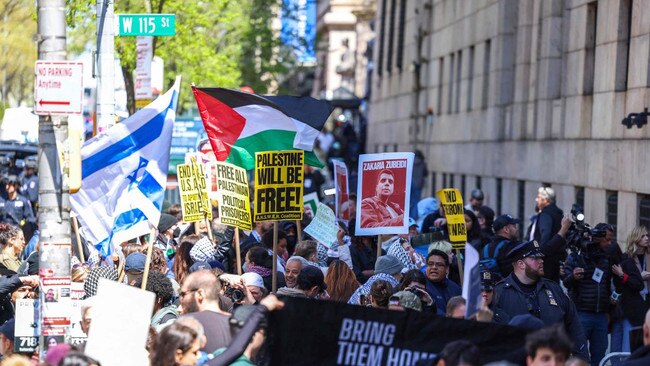
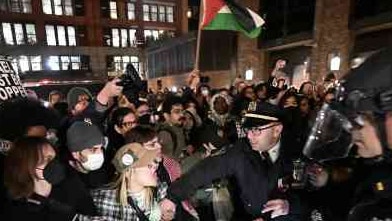
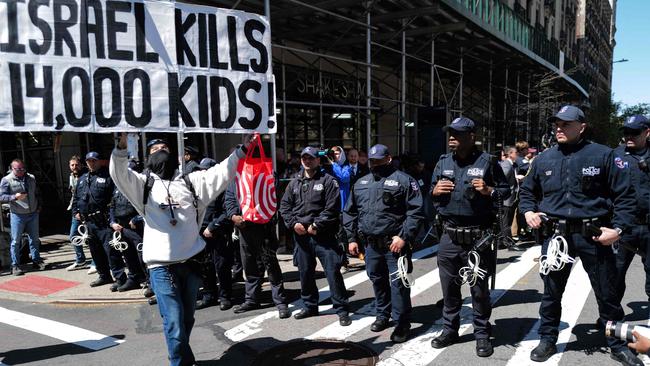
On Monday riot police swooped in to arrest more than 150 pro-Palestine protesters at New York University, and 60 people were arrested at Yale University.
Columbia University has announced that it would switch to hybrid learning for the rest of the term, so that students do not need to attend classes on campus.
Sadie, a political science major at Barnard, described the past week as the most chaotic of her four years at the university. The senior student, who did not share her last name, said she felt especially threatened by non-students with extremist beliefs who had hijacked what had been mostly peaceful protests.
“I have [felt unsafe]. Obviously the heavy police presence is a factor. Since entry to campus is so controlled, it’s really hard to feel comfortable,” she said, moments before an altercation broke out between a man blaming Israel for the September 11 attacks and a Pro-Israel individual threatening physical violence.
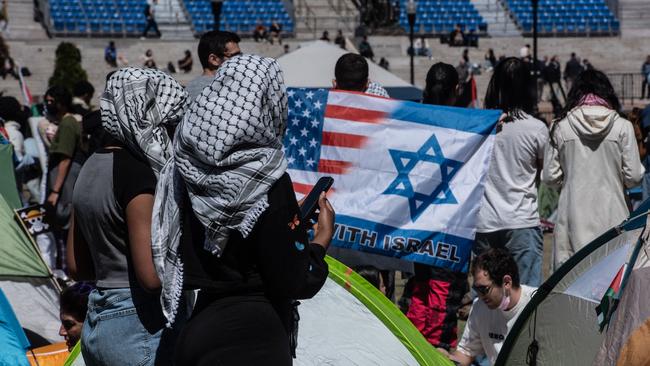
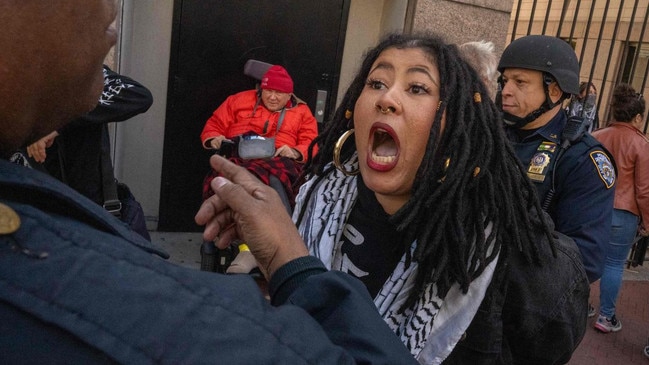
Student activists began occupying large parts of Columbia’s campus when Minouche Shafik, its president, was called to Congress to testify about how the university was addressing concerns about anti-Semitism and the perceived failure to protect students.
The former president of the London School of Economics and former vice-president of the World Bank failed to assuage the fears of Jewish students and faculty and faces growing calls to resign, as her counterparts at Harvard and Pennsylvania University have done.
She also provoked the anger of students and faculty after she called in the police to forcibly remove the tents last week, prompting clashes and leading to arrests.
Over the weekend 54 Columbia Law School professors sent a letter to the university’s leadership condemning the decision.
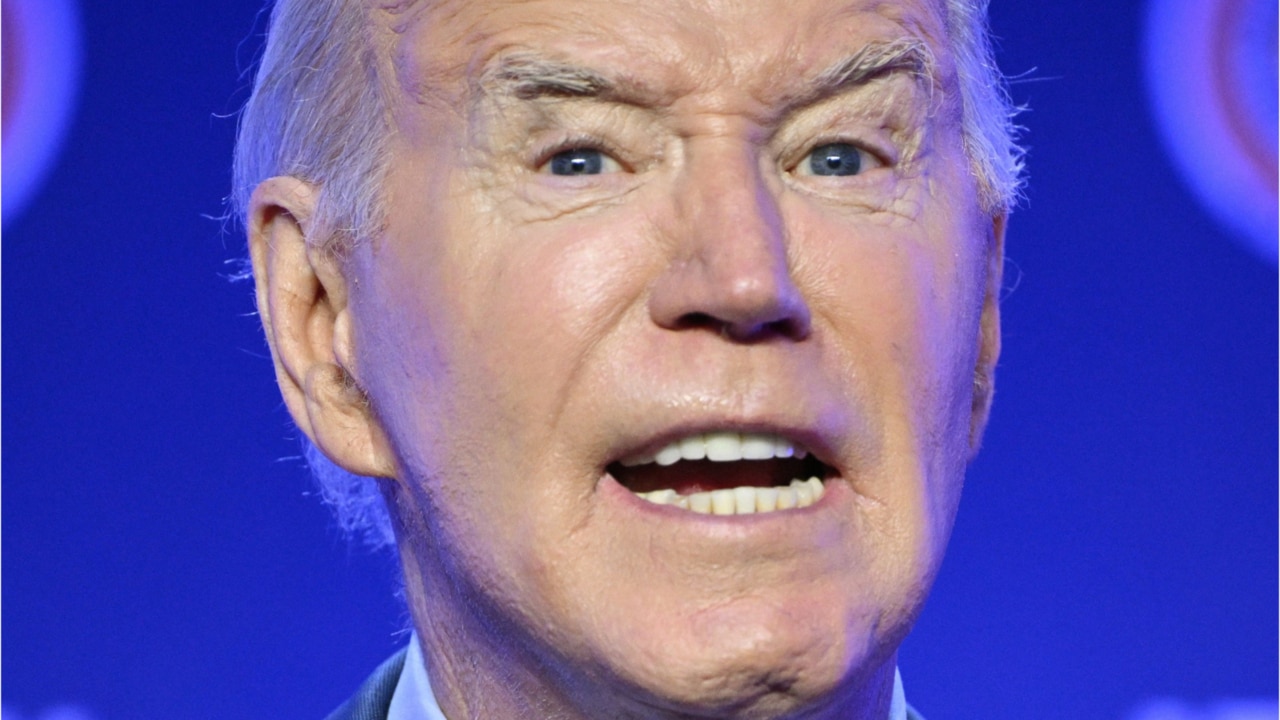
The chaos on campus has caught the attention of President Biden and Donald Trump, his probable rival in November’s election.
“I condemn the anti-Semitic protests,” Biden told reporters on Monday. “I also condemn those who don’t understand what’s going on with the Palestinians.”
Speaking to reporters on Tuesday as he entered a court in Manhattan for the second day of his hush-money trial, Trump labelled the protests “a disgrace” and “Biden’s fault”.
Despite fees of about $US90,000 ($140,000), Emily, a 19-year-old student, would rather stay at home.
“It just becomes unimaginably worse every single day,” she said. “I go to bed every night thinking, ‘How could this possibly get any worse?’ and then I wake up to that unimaginable reality.”
The Times

